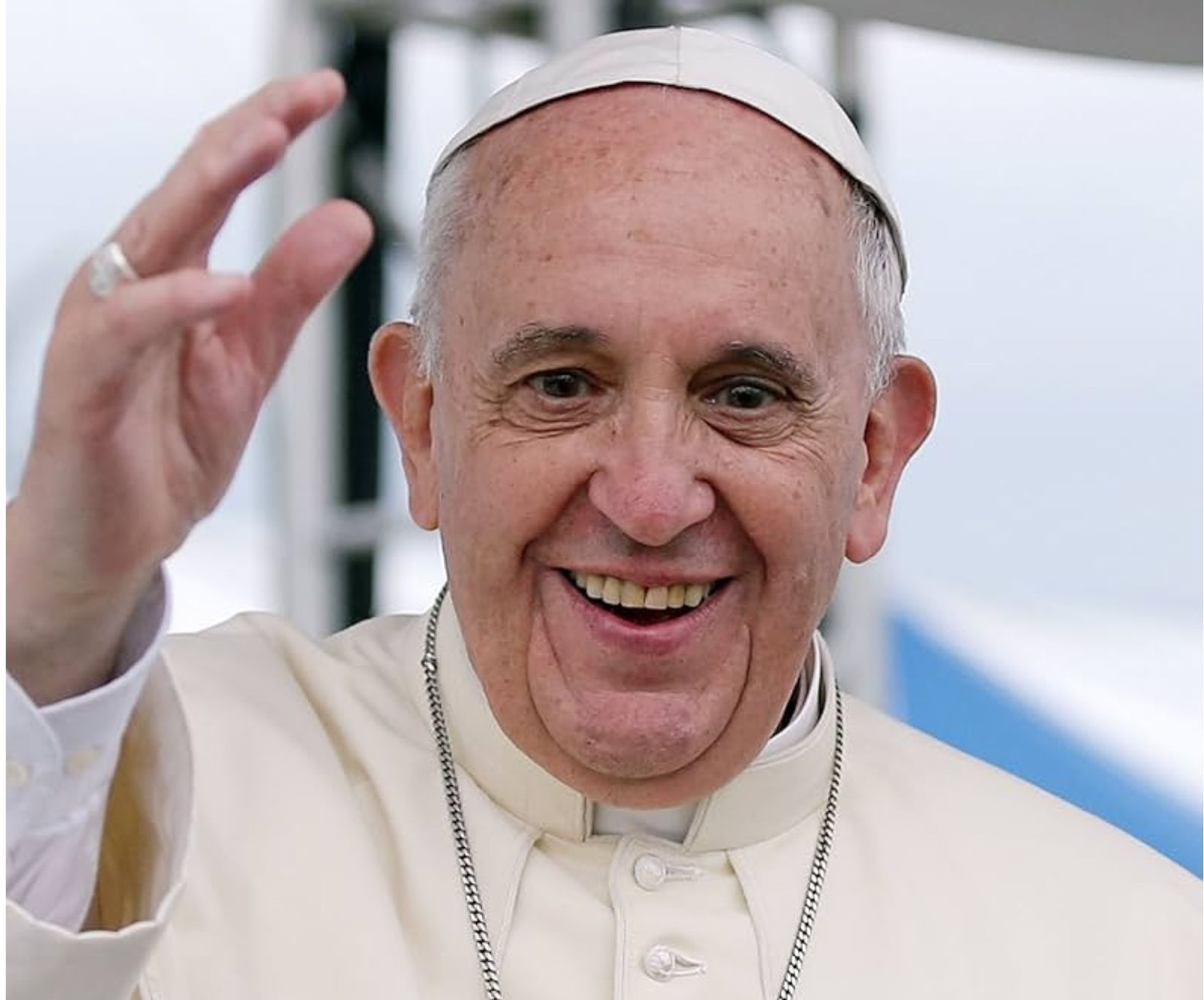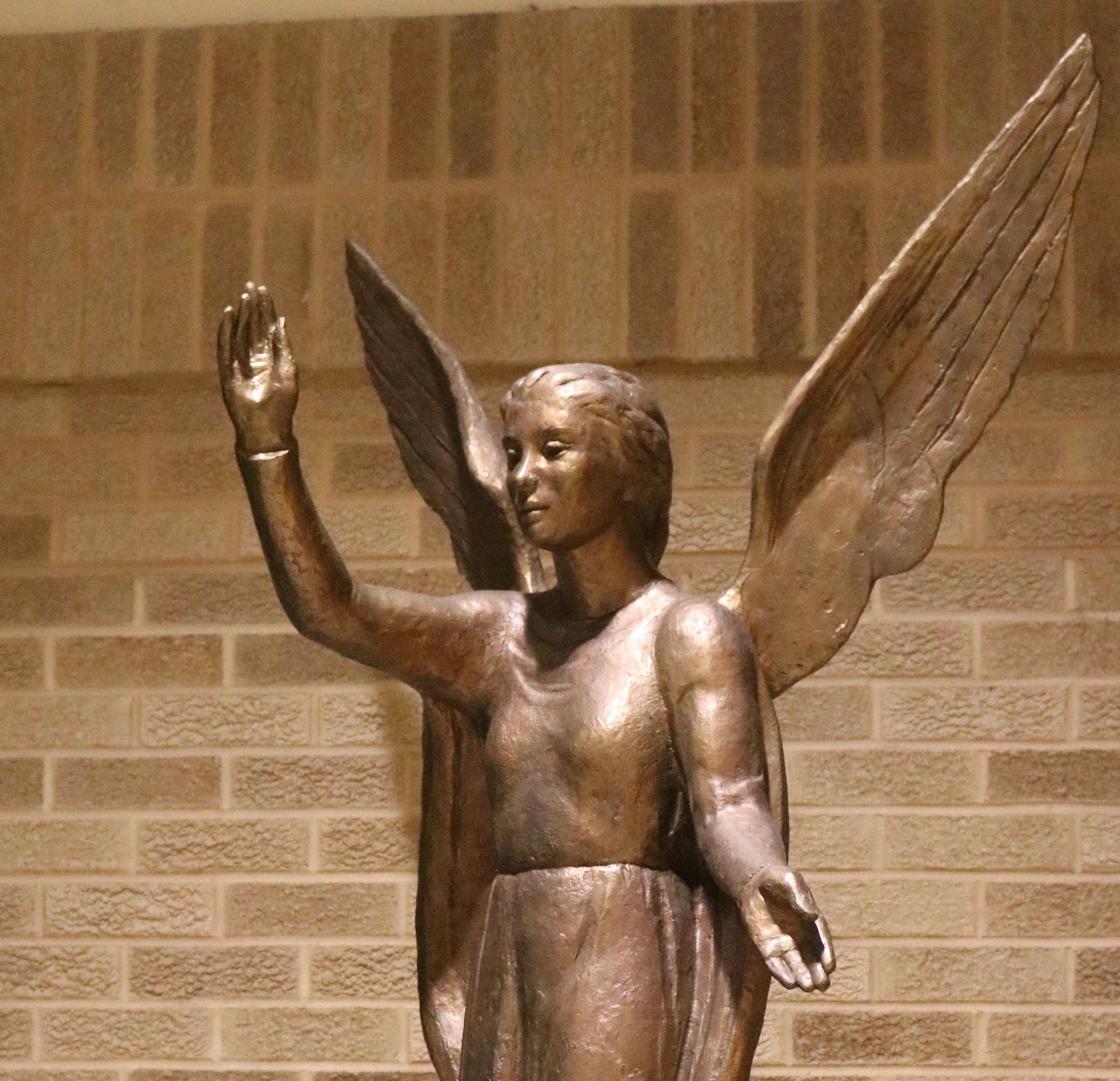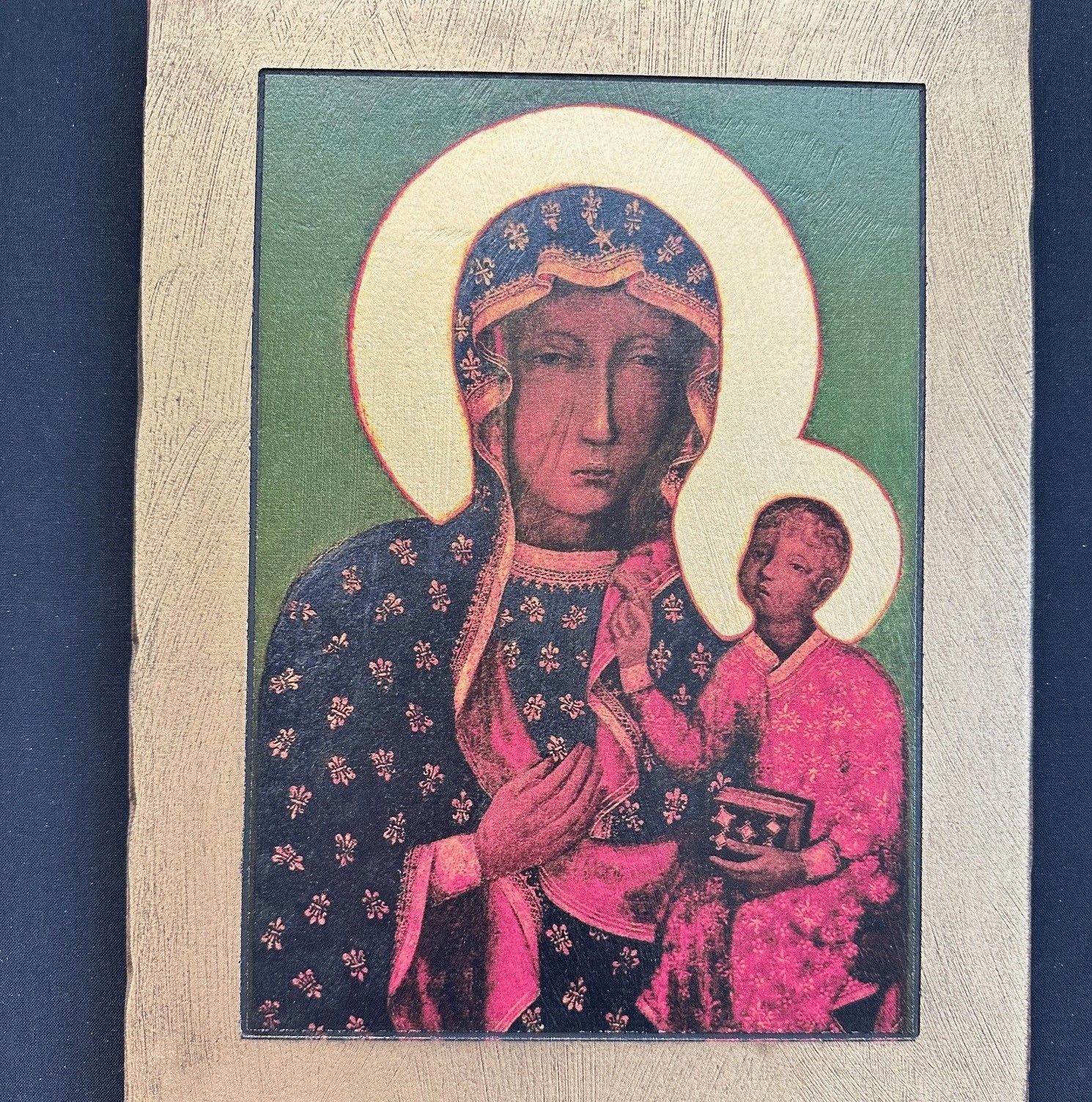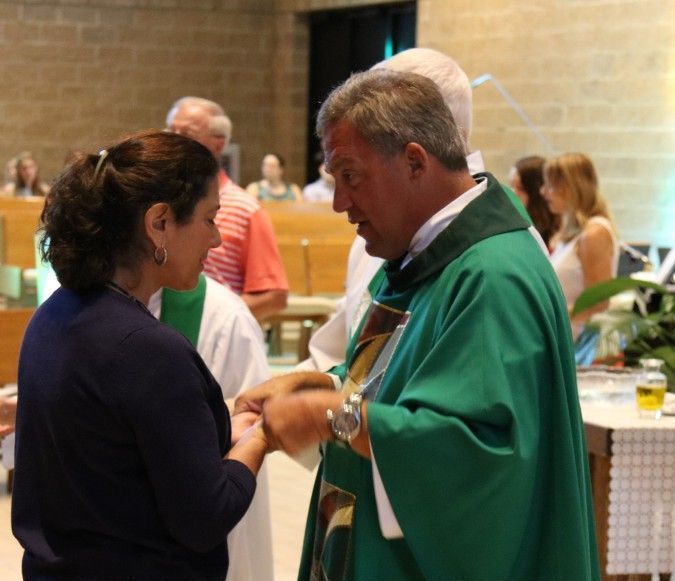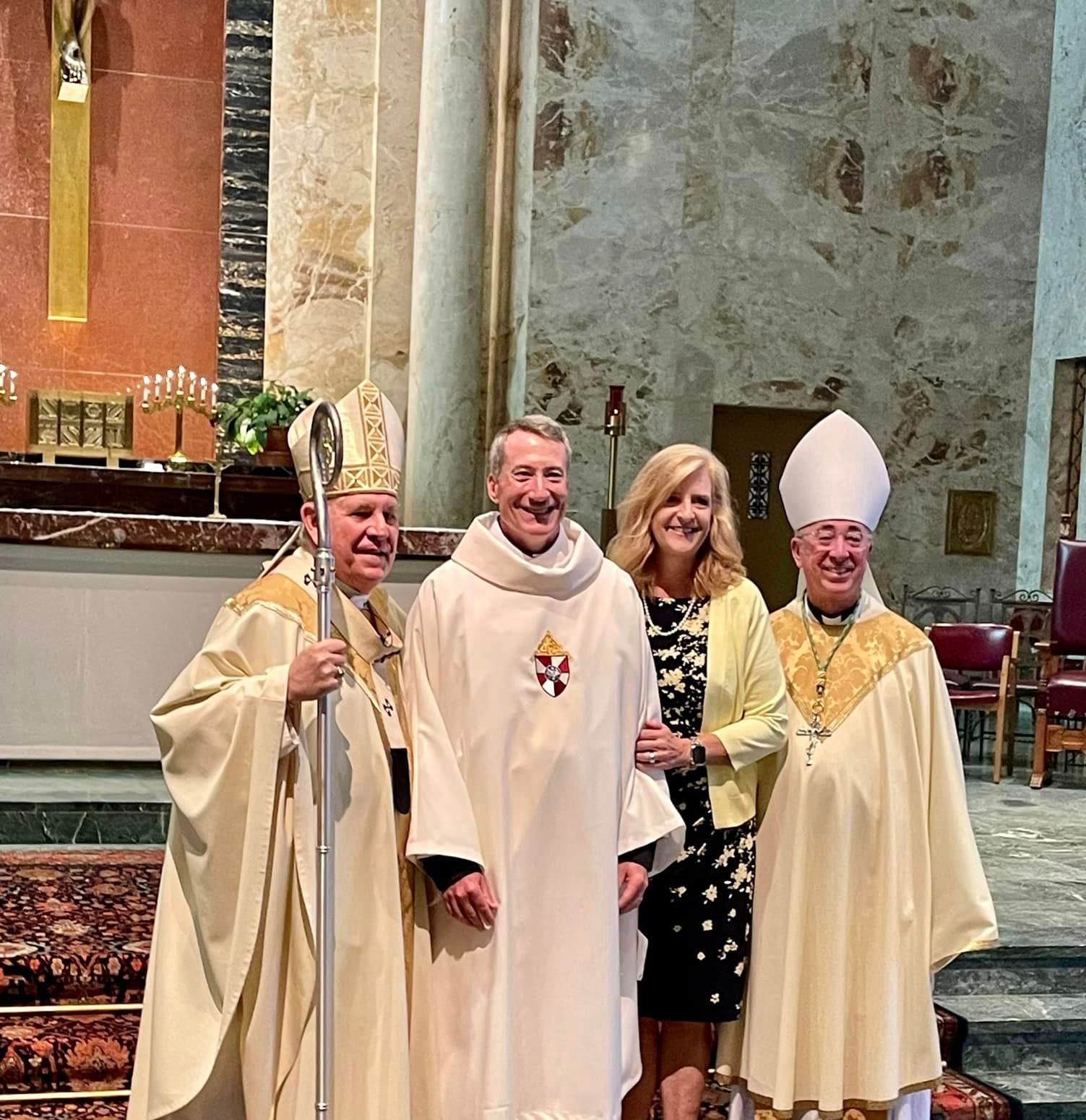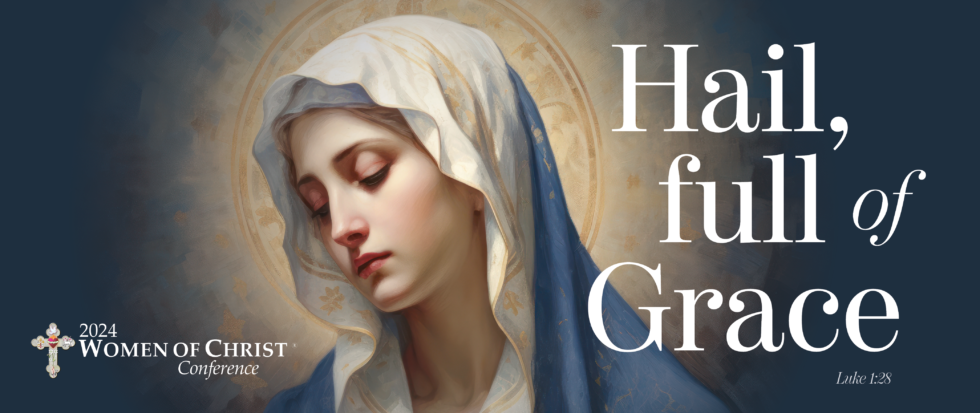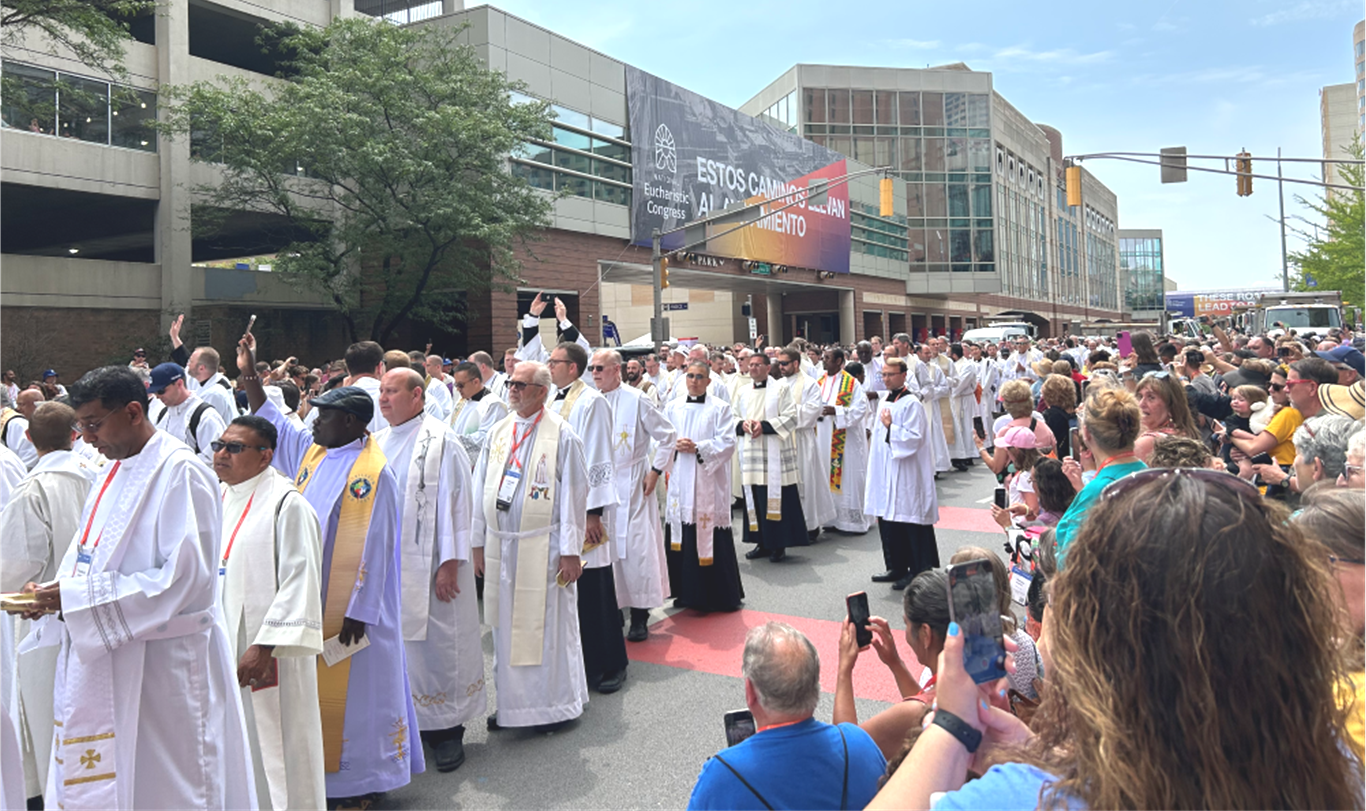Celebrating a Funeral Mass
Dear Parishioners,
Recently, a member of our parish inquired about the funeral Mass for a former parishioner whom she had known for years. She had hoped there would be a Mass, but one was not planned. This sentiment has been shared with me many times, which brings me to my topic, “Why is it important to celebrate a funeral?”
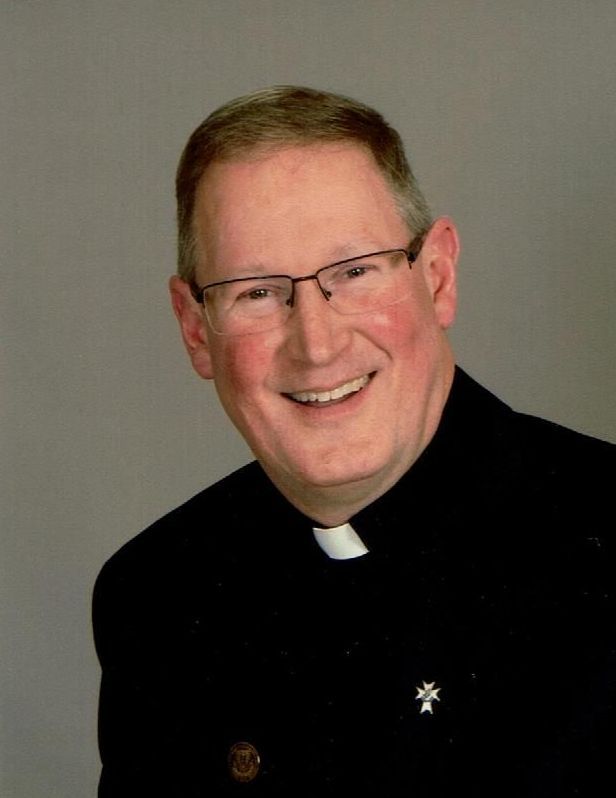
The Rite of a Funeral of the Catholic Church states: "At the death of a Christian, whose life of faith was begun in the waters of Baptism and strengthened at the Eucharistic table, the Church intercedes on behalf of the deceased because of its confident belief that death is not the end, nor does it break the bonds forged in life. The Church also ministers to the sorrowing and consoles them in the funeral rites with the comforting Word of God and the Sacrament of the Eucharist" (Order of Christian Funerals, no. 4).
This Rite highlights two of the three sacraments of Christian Initiation: Baptism and Eucharist. Baptism is considered the primary act that signifies becoming a member of a church or parish, as it is a public declaration of faith in Christ and symbolizes being incorporated into the Christian community through the act of being immersed in water. This sacrament involves a commitment by parents, godparents and the church family to raise a child in the faith. The Church rejoices because we have welcomed a new member and because we have once again celebrated the mysteries of God's love for us and of our salvation.
While our bond to one another starts with Baptism, it is further strengthened around the Eucharistic table. The Eucharist creates a profound sense of unity, as by sharing in the same body of Christ, we are considered members of the same "body" and are therefore called to love and serve one another deeply, fostering a sense of community and shared responsibility within the parish. When we break bread and eat together, the Eucharist brings the Catholic church together as a community.
The Rite of a Funeral continues, “… death is not the end, nor does it break the bonds forged in life.” Therefore, our commitment to members of our faith community does not end with death. As The Rite of a Funeral states, “Though separated from the living, the dead are still at one with the community of believers on earth and benefit from their prayers and intercession. At the rite of final commendation and farewell, the community acknowledges the reality of separation and commends the deceased to God. In this way it recognizes the spiritual bond that still exists between the living and the dead and proclaims its belief that all the faithful will be raised up and reunited in the new heavens and a new earth, where deal will be no more.” (Order of Christian Funerals, no. 6)
“The celebration of the Christian funeral brings hope and consolation to the living” (Order of Christian Funerals, no. 7). Funerals offer a communal space where friends and family can gather to support each other. This support is vital, especially in the weeks and months following the funeral, as mourners adapt to life without the deceased. “If one member suffers in the body of Christ, which is the Church, all the members suffer with that member” (1Corrinthians 12:26). “The Church calls each member of Christ’s Body – priest, deacon, layperson – to participate in the ministry of consolation: to care for the dying, to pray for the dead, to comfort those who mourn” (Order of Christian Funerals, no. 8).
Lastly, funerals celebrate the life of the deceased, highlighting their achievements, personality and the impact they had on others. This can include sharing stories, memories, and tributes that affirm the value of the person’s life. We worship, praise, and give thanksgiving to God, for the life of the deceased and the author of all life.

